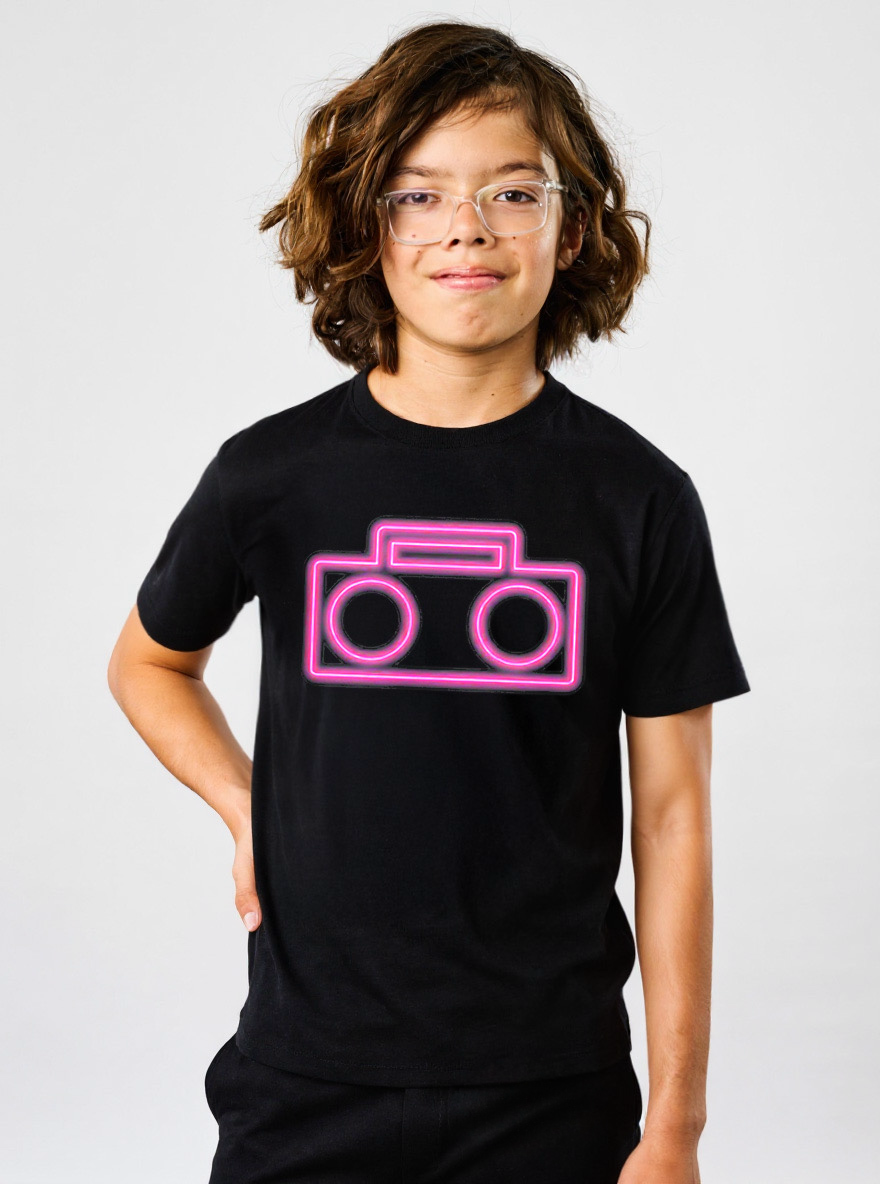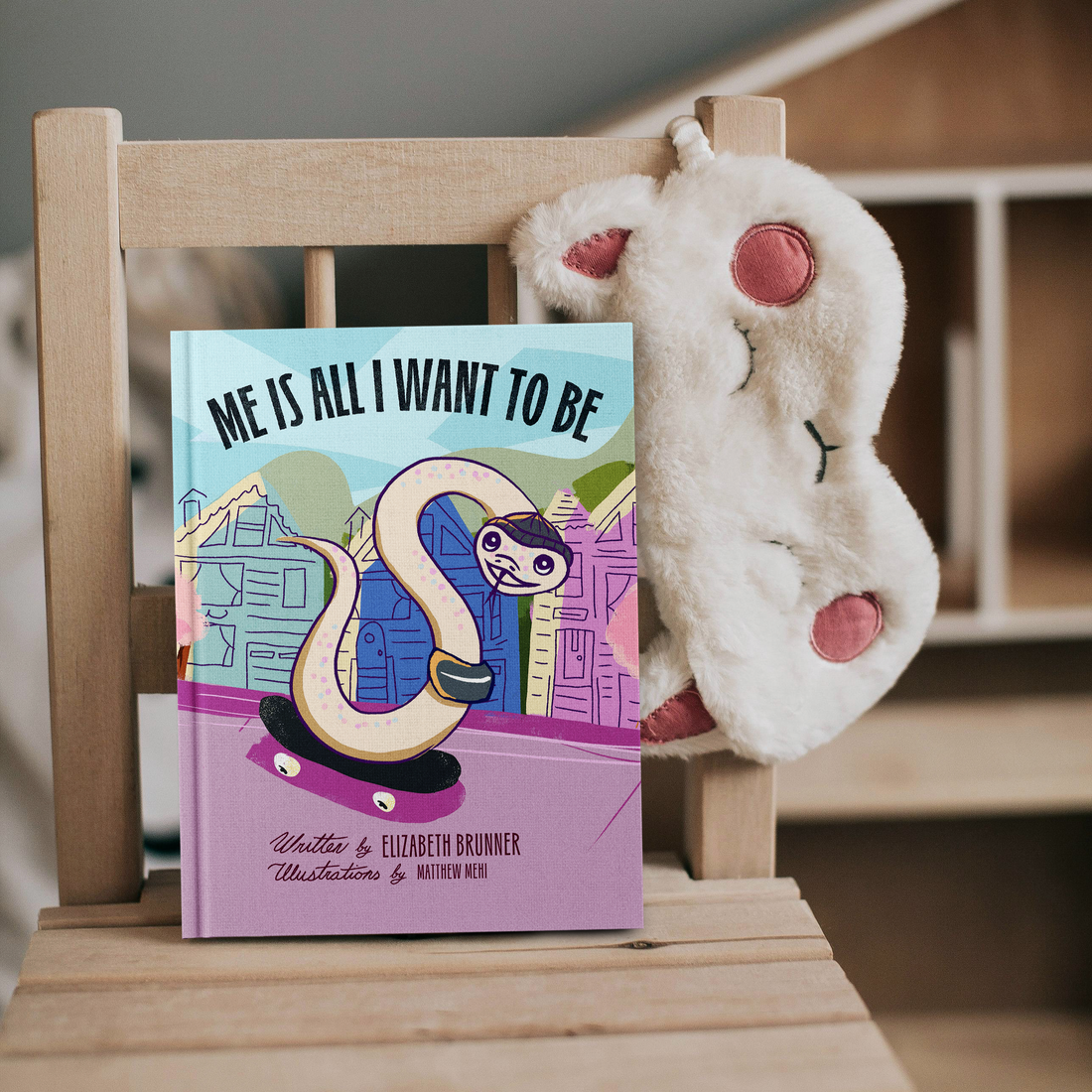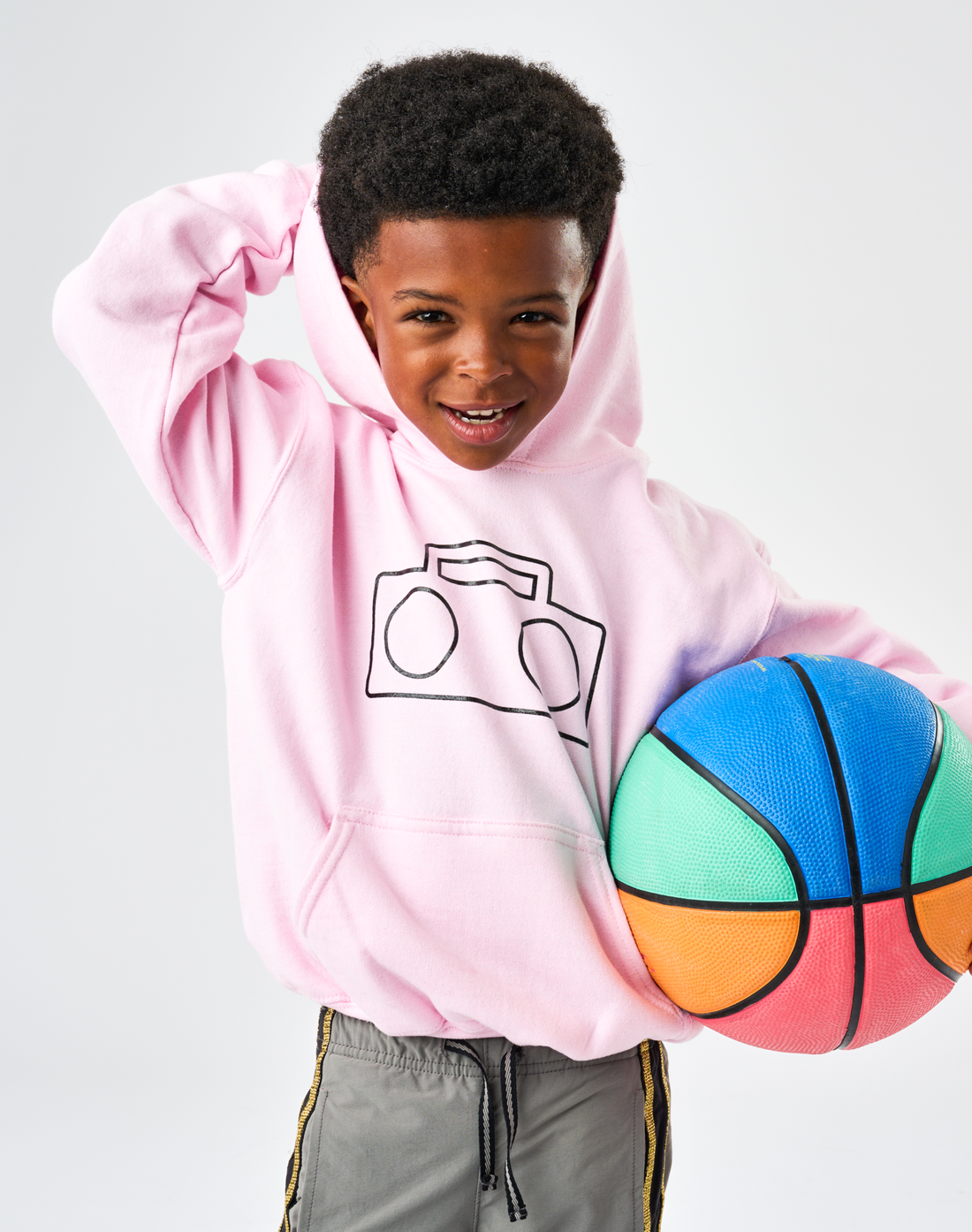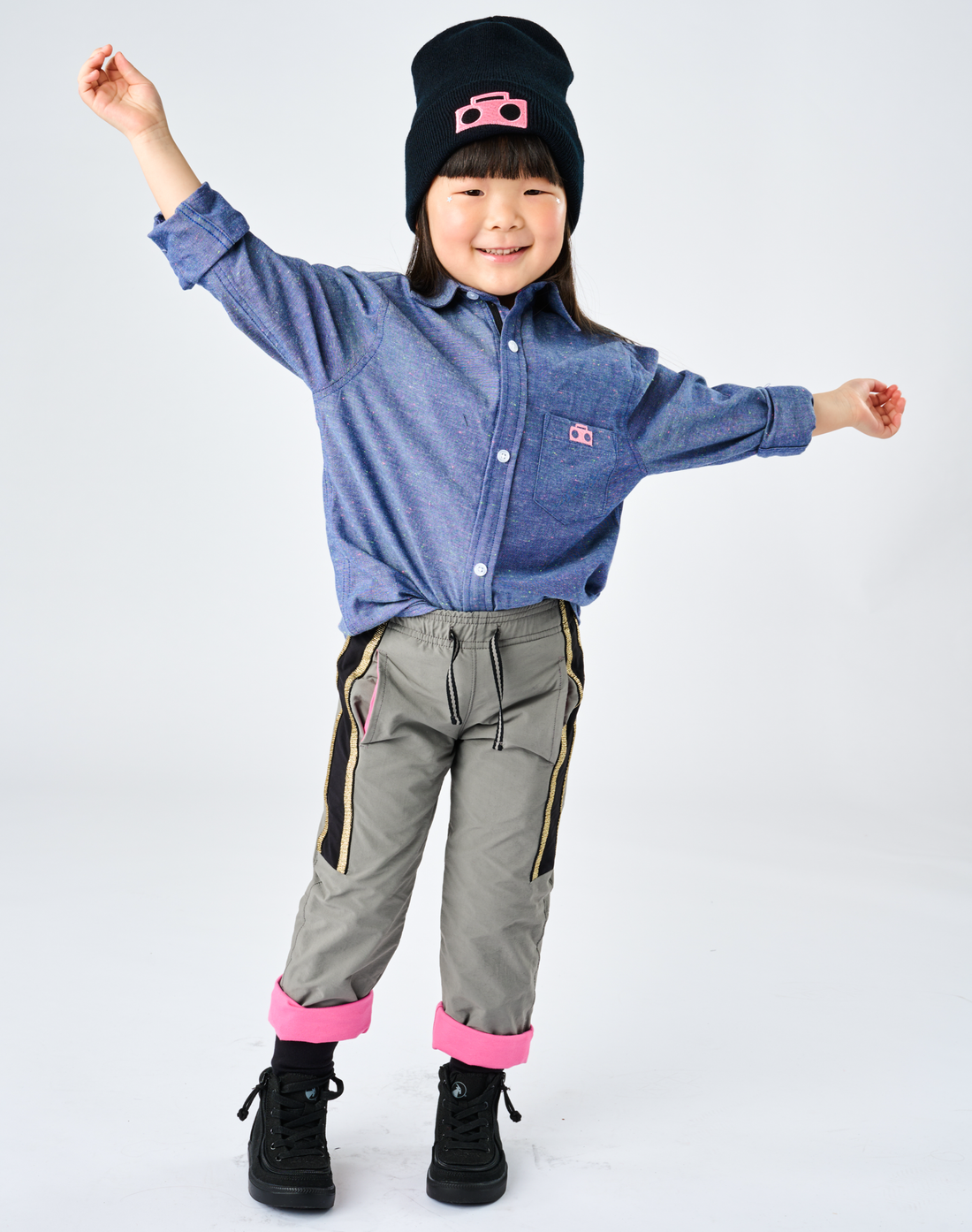StereoType Blog
Unlabeled: Creating a Toolbox for Kids To Be Authentic

As part of the Unlabeled series, StereoType will share raw and authentic stories and perspectives from parents and caregivers of diverse backgrounds. These individuals have challenged their own stereotypes, leading to mindful transformations in their quest for a closer connection with their children. Unlabeled will spotlight stories of learning, breakdowns, breakthroughs, and transformations as parents and caregivers strive to become more attuned to themselves during their parenting journey.
_____
Stereotypes exist everywhere, but particularly about children and gender roles. Stereotypes about how boys and girls should behave, what they should play, what subjects they excel in at school, how they should express themselves, and how they should look and dress. These stereotypes ignore the spectrum of genders and harm the total well-being of children. That being said, now there are more and more resources, awareness, and outlets to break stereotypes and for kids to express themselves authentically. However, children still need to be given the tools to equip themselves against harmful stereotypes, so that they can grow up to be confident and resilient human beings. As a parent, my inherent responsibility is to give my son the tools to navigate the world while he stays authentic to himself.
My son has long hair, thick lashes, and has an affinity for dressing in clothing that is traditionally considered girl’s clothes
He does not distinguish between genders when he chooses his outfits and accessories. Rowan enjoys wearing a full Warriors basketball outfit, as much as he enjoys wearing a poofy dress with a giant bow. He has long, silky hair that has to be tied up in a ponytail to keep it out of his face. He will often accessorize his hair with bows and clips because they are fun and he feels special wearing them.
We went to the mall recently and I absently picked up a child’s holiday party dress and put it back on the rack. I looked at Rowan and he had hearts in his eyes. We ended up buying it for him and later he asked, “Mommy, was the dress in the boys or girls section?” I told him it was in neither section but explained that most people would assume it was in the girl’s section. I usually no longer correct strangers when they misgender my son and I never justify his choice of attire or long hair. Doing so would affirm the stereotypes people have about genders and clothing choices and make Rowan feel like he is doing something wrong by wearing a dress. It’s only when I see that Rowan feels uncomfortable being called, “sweetie,” “darling” and other uncalled for names strangers throw at girls, that I feel the need to say something.
What is most important is that my son does not feel offended, ashamed, or embarrassed when people misgender him. So far, he says it doesn’t bother him when strangers call him a girl. However, he does take offense to friends and loved ones teasing him about his clothing choices. As humans, we desire unconditional acceptance from our loved ones and the teasing can make us feel like there is something wrong with us. In the case of friends and family, it takes a lot of intentional conversations about Rowan’s clothing choices and stirring the conversation away from outer appearances. I also apologize to my son on the behalf of the offending family member to reassure him that he has nothing to feel ashamed about and that others have limited awareness about how their words can hurt people.
Here are some tools that I’ve equipped Rowan in navigating non-gendered dressing:
Knowing that I cannot always be present to rescue and defend Rowan, we’ve worked on appropriate responses that he can use in these circumstances. He uses phrases such as:
“I feel awesome in these clothes.”
“Boys can wear dresses too.”
“Why are you wearing pants?”
“I’m a boy with long hair.”
“Boys wear dresses and have long hair in many different cultures.”
Rowan is being raised in a very accepting environment where most children and adults are beginning to understand that the outer appearance is just an expression and doesn’t have much to do with gender. He understands that being called a girl is not an insult or anything to be embarrassed about, but that some people have outdated views on what a girl and boy should look like.
As a society, we all have the responsibility to build a more accepting and inclusive world. The journey of childhood to adulthood is about discovery, curiosity, and authenticity. Stereotypes hinder those core principles. At the end of the day, I have learned that I cannot control how others react or what they say, but I can keep loving my son unconditionally for who he truly is and give him the tools he needs to thrive. I am raising an empowered child with a good understanding about dismantling gender stereotypes. By challenging stereotypes about genders, we can build an inclusive and safer future.
_____
Nimisha Gandhi is mom to Rowan. She is also a functional and Ayurvedic nutritionalist located in San Francisco. In the latest blog post Nimisha shares a tool kit she created and practices with Rowan to help him navigate the world by staying true to himself, and that also supports her child’s exploration in self expression. Find her on Instagram @mooncyclenutrition






